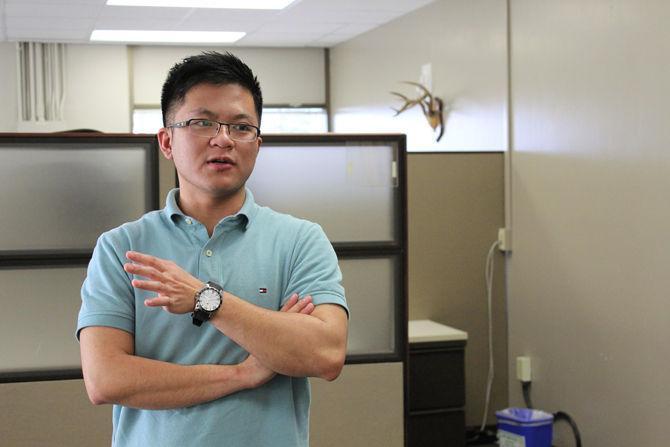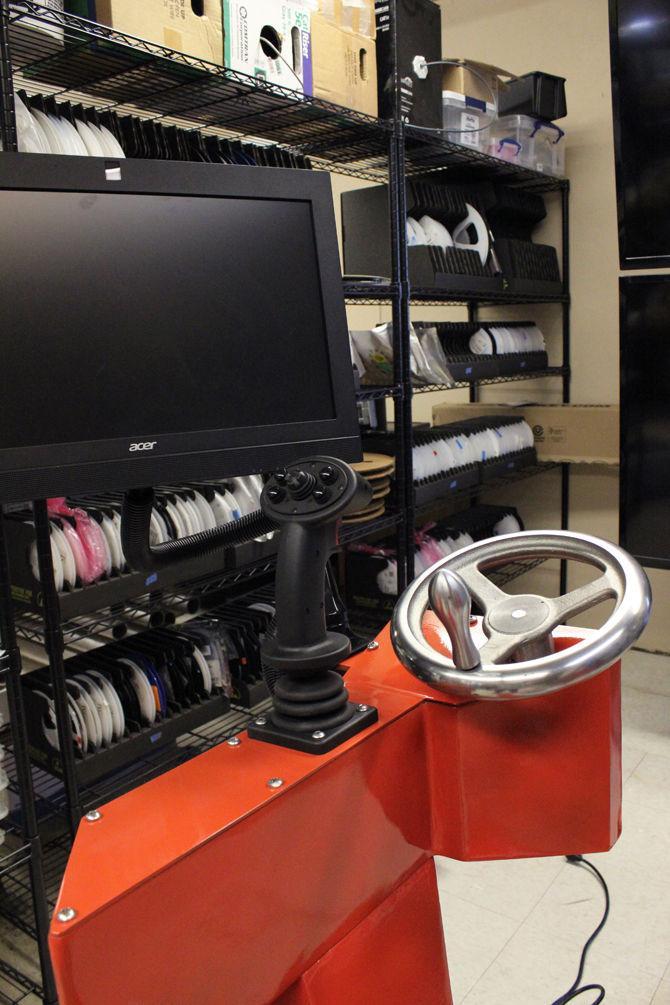LSU’s Office of Research and Economic Development houses the Louisiana Business and Technology Center Innovation Park, a 200-plus-acre research park that includes a five-business incubator system and offers innovators the opportunity to perfect their craft before reaching clientele.
In 1988, Charles D’Agostino, a small business owner and entrepreneur, signed an 18-month contract to construct the off-campus research park for community and University researchers and entrepreneurs to nurse their homespun products for the outside marketplace.
The LSU Innovation Park raised $18 million in capital and approximately $4.3 million in revenue in 2015.
The Emerge Center, spanning 3 acres of the park, employs 50 full time and 70 student interns for autism research and speech training.
D’Agostino continues to serve as executive director for both the LBTC and LSU Innovation Park while maintaining his private enterprises. He said his original intent was to go back to his other businesses after starting the research park and incubators.
“It’s been so much fun, I’ve come in every day for 27 years,” he said.
The LSU business incubators include the Louisiana Emerging Technology Center, the Pennington BioTech Initiative, the LSU Student Incubator, the LSU AgCenter Food Incubator and ProtoStripes, the park’s prototyping lab.
The incubators seek to commercialize University research by bringing ideas from labs to the market and creating funding grants and licensing/royalty revenue for the University, according to documents provided by D’Agostino.
“Our job is to really help these individuals form the business that they want to, and if not, find an existing company that will license that technology and take it to the marketplace,” D’Agostino said.
Associated Terminals, a cargo handling and logistics company, reserves office space in the LBTC incubator to develop an automated simulator for the shipping industry.
Curtis Blank, who is working on the project, said shipping companies only use operators about 20 percent of the time. He said the simulator would allow users to control cranes on the river by simply maneuvering a steering wheel and touching a screen.
“We hope we can send a crane overseas and operate it from the office,” Blank said.
D’Agostino said the company will likely boast 100 employees within a couple of years.
Tucked in the park’s student incubator, marketing graduate student Ben Nguyen operates Cyber Fision, a website and mobile application development company that services private businesses and nonprofit organizations.
Nguyen designed D’Agostino’s pasta manufacturing company’s website before moving his workspace to the incubator one year ago. Since the website’s facelift, D’Agostino said, internet sales have tripled.
For startups and small businesses, Nguyen said keeping the overhead cost low is crucial. He said the LBTC provides the ideal forum for his startup.
“Right here we have the opportunity to connect with a lot of different businesses in the South,” Nguyen said. “Business in general is about relationships and connections, knowing the right people.”
D’Agostino said LBTC’s application process includes an extensive interview, mapping out a business plan and developing funding strategies to make the pitch a reality. Incubator residents are required to meet for checkups every three months to ensure they remain on target.
Though the number of annual applicants is sandwiched between 50 and 60, D’Agostino said they only accept around 12 on average.
He said the ultimate success of a business idea depends on the individual behind the dream.
“If you’re starting a company, we look for your passion,” D’Agostino said.
A simulator for the shipping industry is one of several items being worked on Wednesday, Jan. 13, 2016, in the LBTC Business Incubator at LSU Innovation Park.











